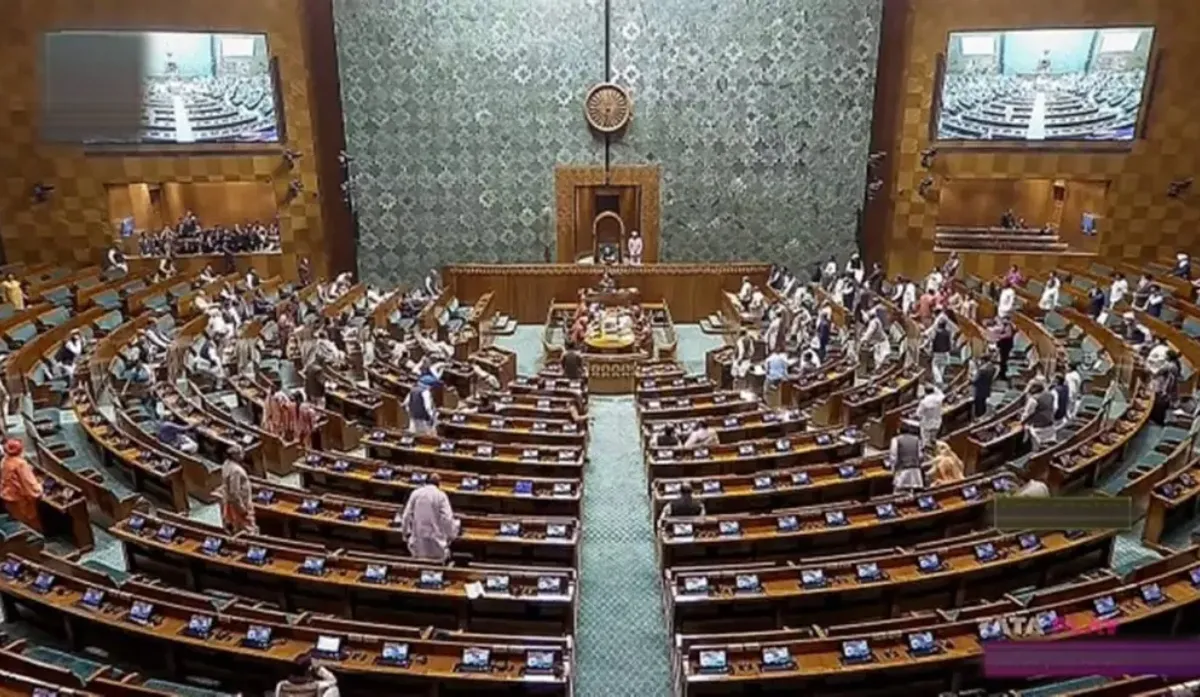The Lok Sabha on Monday passed the amended New Income Tax Bill, 2025 and the Taxation Laws (Amendment) Bill, 2025. The revised bill was passed shortly after Finance Minister Nirmala Sitharaman tabled in the lower house.
The Lok Sabha was adjourned after the crucial bill was passed. The bill will now be sent to the Rajya Sabha. The bill was reintroduced after including almost all amendments suggested by the Select Committee.
Why Was the Bill Withdrawn?
The bill, tabled initially in February this year, was sent to the Select Committee soon after. The committee, headed by BJP MP Baijayant Panda, made 285 suggestion. The government agreed to incorporate almost all of the suggestions and hence had withdrawn the initial draft. The new draft was tabled by the FM today and was passed immediately thereafter.
ALSO READ: Income Tax Bill 2025, That Govt Tabled In February, Withdrawn, New Version To Be Introduced On August 11 | Know Why
Key suggestions incorporated in new bill
-Beneficial owner: The revised act refined the beneficial owner to allow taxpayers to carry losses forward when receiving share benefits during the tax year.
-The inter-corporate dividend deduction has been reinstated.
-A standard 30 per cent deduction after municipal tax for property owners, with extended pre-construction interest deductions for let-out properties.
-One of the suggestions accepted was to simplify compliance by issuing ‘Nil’ tax deduction certificates, allowing refunds for delayed ITR submissions by small taxpayers and waiving penalties for errors made unintentionally.
-The act now has a clear definition of non-performing assets (NPA) to reduce disputes between tax authorities and banks.
ALSO READ: How To File ITR 2025 Yourself? Step-By-Step Guide To File Income Tax Return For FY 2024-25 On E-Filing Portal
-The revised act now includes updated provisions for non-profit and religious-cum-charitable trusts. This will help in ensuring anonymous donations do not affect tax exemptions.
-The act removes all remaining references to the six-decade old IT Act, 1961, to create a clean, modern code.
